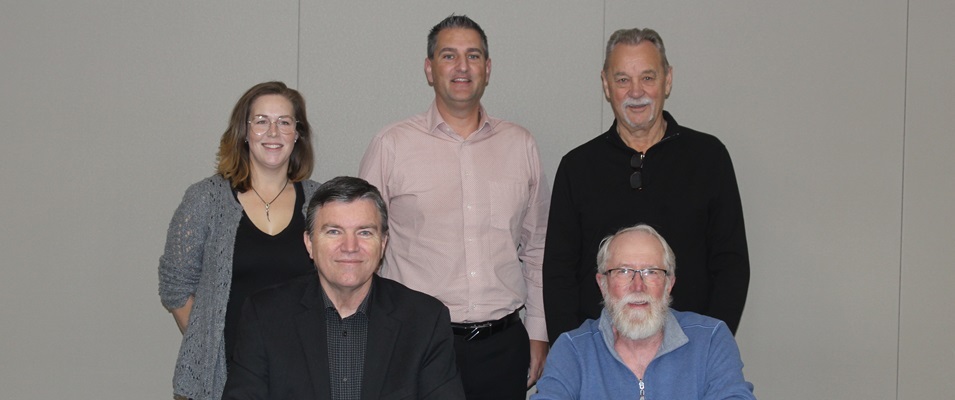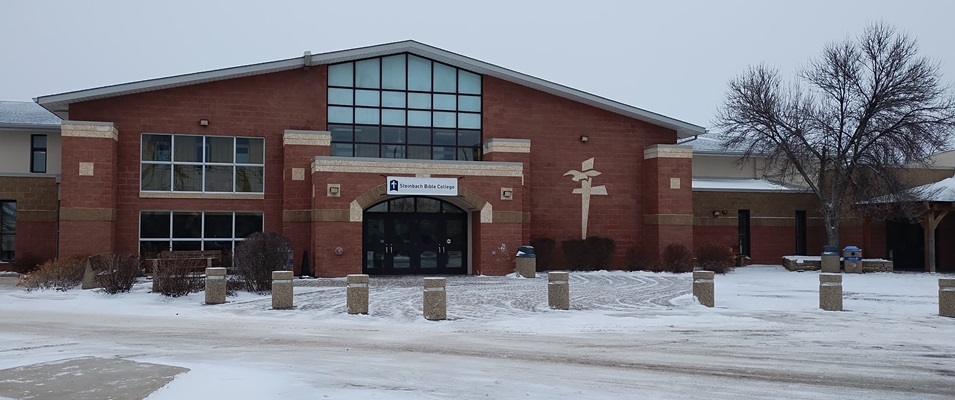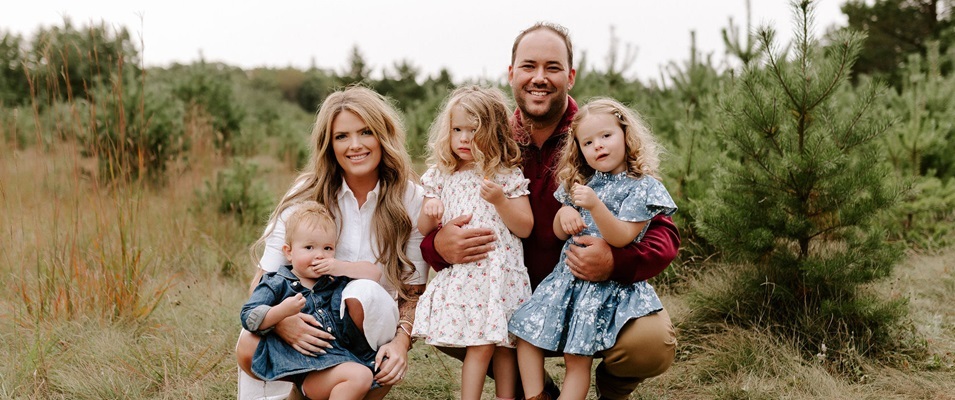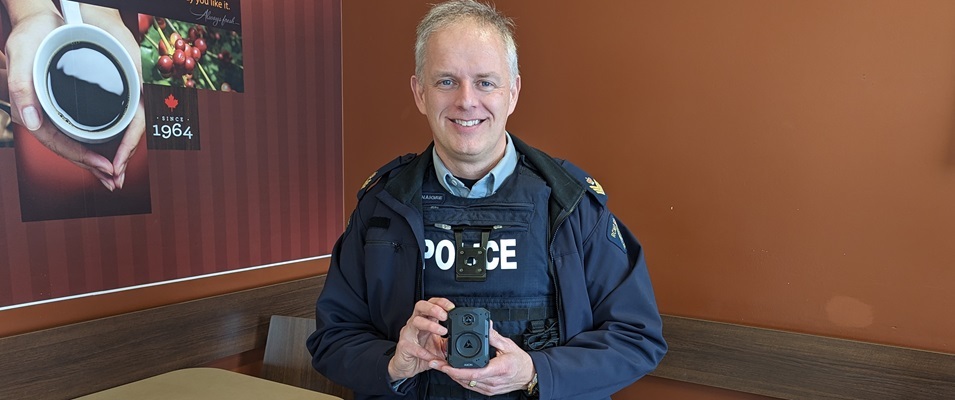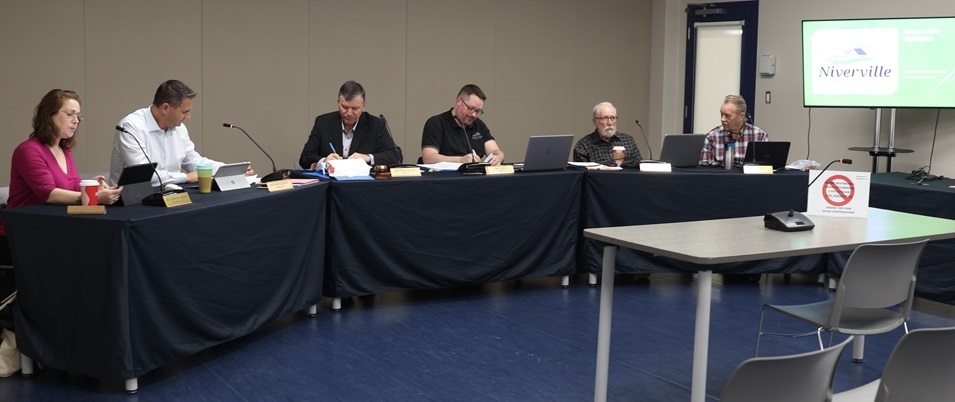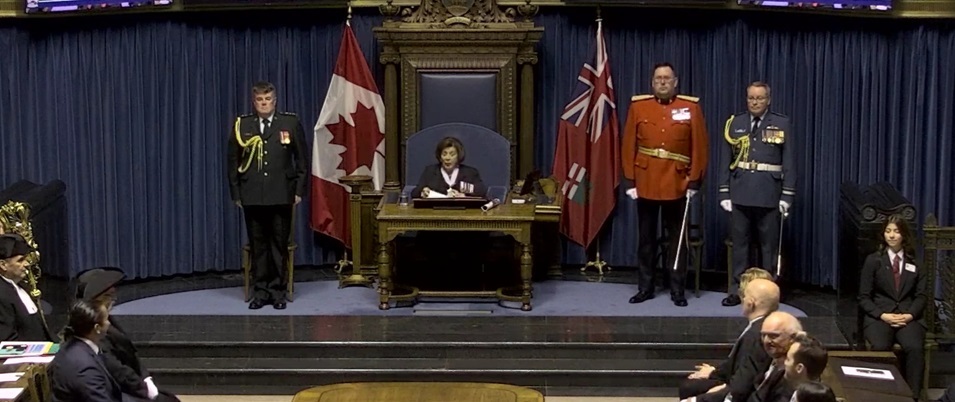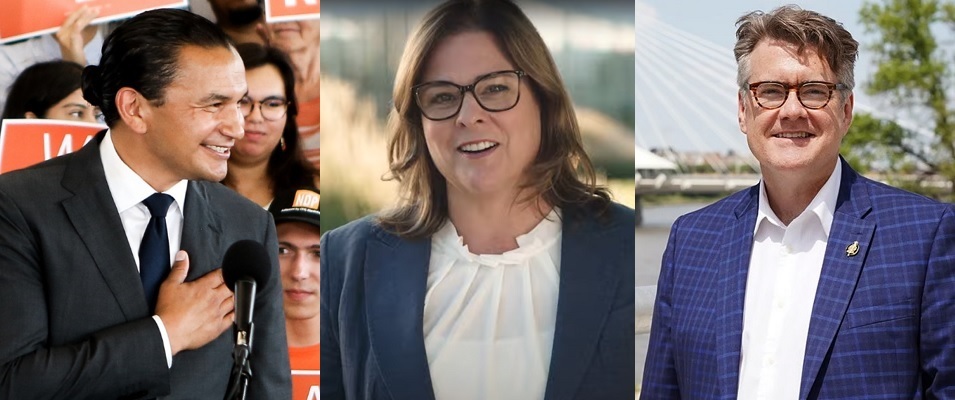
It’s just under a week until election day on October 3 and Manitoba’s three major political party leaders have made a lot of promises in order to solicit our votes.
In this party platform overview, The Citizen takes a look at some of the most important topics of the campaign and compares how the New Democratic Party (NDP), the Manitoba Liberal Party (MLP), and the Progressive Conservatives (PC) stand on each issue.
Taxation
The NDP was the first party out of the gate this election period to announce their intentions regarding taxation in the coming term.
Leader Wab Kinew says there won’t be any changes to the PST rate going forward. The party also promises tax cuts for many Manitobans if elected. Primarily this will be felt at the gas pumps, as Kinew says that an NDP government will cut the 14 percent fuel tax which was introduced by the PC government.
Kinew also promises to remove the PST from the cost of new rental builds in order to encourage more affordable housing and help grow the economy.
While the NDP do plan to continue the 50 percent property tax rebate Manitobans currently receive, they are clear in their intent to maintain it at this level instead of gradually increasing the rebate to 100 percent, as the PCs have pledged to do over time.
Alternatively, PC leader Heather Stefanson has said that economic assistance in her government will come by way of PST cuts on restaurant dining, as well as cuts to the land transfer tax for first-time homebuyers.
Additionally, trees and flowers will be exempt from the PST as part of the PCs’ initiative to restore natural landscapes and provide a greener future for the province.
For Manitobans who dig deep for charitable causes, a PC government promises to nearly double the charitable donation tax credit.
Perhaps the PCs’ most lofty tax promise, though, is their pledge to fight the federal carbon tax, which has led to increases in the cost of almost every conceivable consumer product and utility since it was first introduced.
As for the Manitoba Liberal Party, they intend to lower the income tax for lower income earners by increasing the basic personal exemption in certain tax brackets.
Under the Liberal plan, the wealthy should anticipate making up for some of those losses. Liberal leader Dougald Lamont says that the wealthiest 80 percent of Manitobans would see the loss of their education property tax rebate under his party’s government.
Fixing Healthcare
One of the topics that has risen to the top of most Manitobans’ priority lists this election cycle is the sad state of the province’s healthcare system.
With shortages of professionals in every sector, all parties agree that something must be done. Each has laid out a multi-million dollar plan to recruit and retain healthcare professionals.
Likewise, they all promise financial boosts for healthcare programs pertaining to mental health support and addictions.
An NDP government promises to open a new cancer care facility at the Health Sciences Centre, an improved cardiac care unit at the St. Boniface Hospital, and reopen the emergency rooms closed in previous years by the PC government.
Finally, a Kinew government has committed to providing no-cost contraceptive options for all Manitobans.
For Stefanson and the PCs, improving access to primary care services will be achieved by allowing pharmacists to treat common conditions and manage chronic diseases, to relieve some pressure off the healthcare system.
A Liberal government would improve mental health supports by covering regulated therapy under Medicare. As well, they would establish a new flex-pay model for physicians, allowing them to spend more time with each patient.
Environmental Concerns
The NDP and Manitoba Liberals both endorse the federal carbon tax and hope to use that revenue to fund further environmental action close to home by way of providing going-greener initiatives to residents, businesses, and farmers.
Both parties pledge to place a greater emphasis on protecting Manitoba’s land and water resources.
To reduce our dependency on fossil fuels, the Liberals say they’ll restore a previous funding model which saw the province contribute 50 percent of transit costs to the City of Winnipeg. They also pledge to work towards facilitating transit options in rural communities.
The NDP campaign is more focused on switching the province to electric vehicle (EV) technology and offering rebates to new EV buyers. Kinew also says that his party will put an end to provincial subsidies which are directed to fossil fuel companies.
The PCs are focusing their attention on fuel consumption in the transportation sector and plan to help fund aerodynamic retrofits for semitrailers.
Education
The PCs have made few new promises that will affect the province’s educational system apart from a pledge to extend unspecified parental rights pertaining to school curriculum and other matters, including the right to be informed if their child displays gender diverse inclinations at school.
Both the Liberals and NDP promise to create universal school nutrition programs.
The NDP will also legislate smaller class sizes for younger learners, while a Liberal government would expand French language training at the university level.
The Budget and the Economy
While the PCs have developed a plan to fill 100,000 current job openings through immigration efforts, the NDP are promising to bring 10,000 new jobs to the province.
The Liberals, meanwhile, would focus on subsidizing jobs in the non-profit sector to provide a broader benefit to the public.
As for balancing the budget, the PCs say that it will take until 2025. The NDP expect that this would more realistically be accomplished by their party after the full four-year upcoming term.
Young Families, Seniors, and People with Disabilities
The hottest topic on the table in terms of young families is childcare. Each party pledges to maintain the current $10 per day childcare initiative, which was implemented by the PCs in April of this year, and work to reduce wait times by increasing the number of available spaces.
When it comes to the province’s aging population, both the NDP and Liberal parties agree on the importance of establishing an independent seniors advocate as quickly as possible.
The implementation of a guaranteed dignified income would be established by a Liberal government for seniors over the age of 60 and those with disabilities.
Under Stefanson, seniors would be able to defer some of their property tax payments until the sale of their home.
No More Lockdowns
Although there are few things the two leading parties, the NDP and PCs, agree on, one of them is a pledge not to resort to lockdowns in the future.
While it was the PC government that imposed lockdowns during the COVID-19 pandemic between 2020 and 2022, Stefanson openly admits that the mental anguish that resulted from it would prevent her from repeating a similar pandemic response again.
Kinew points to the hit to the local economy as a reason to never repeat those lockdown measures.






